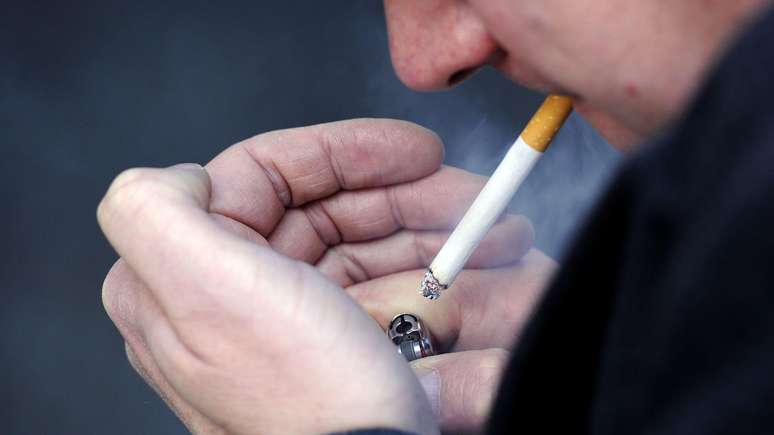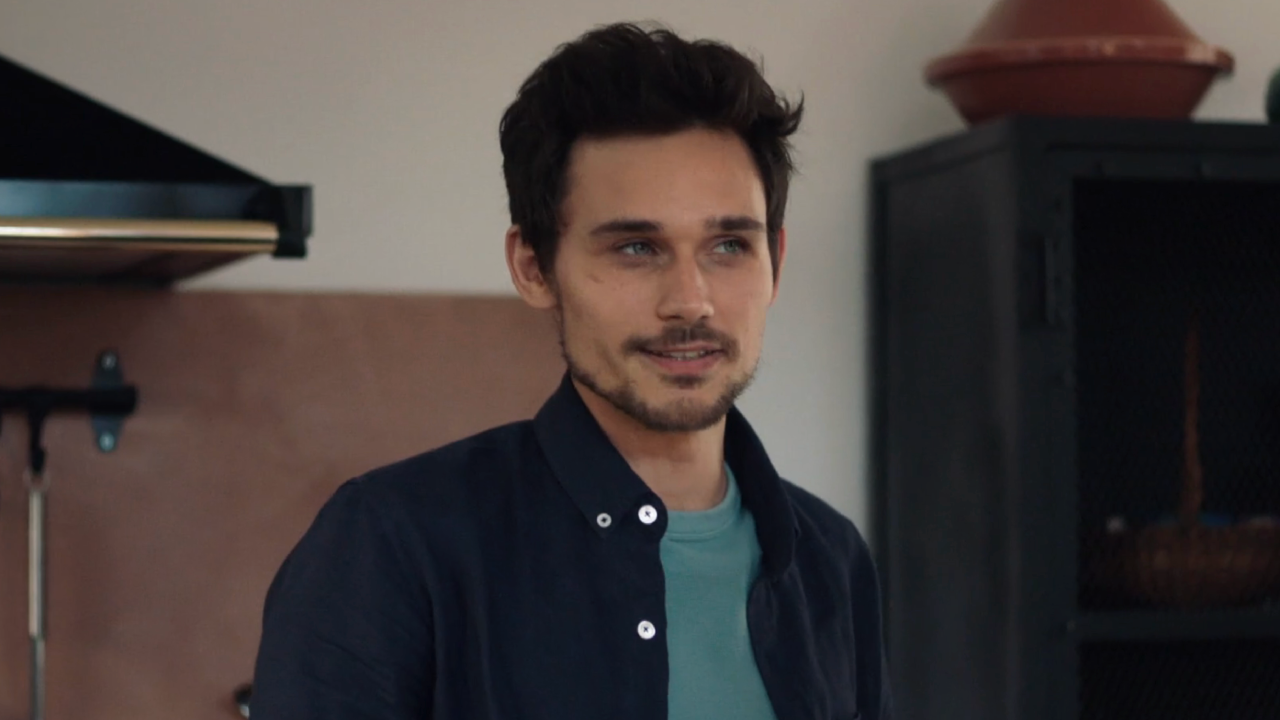For years the country has aggressively carried out awareness campaigns to try to reduce tobacco consumption
New Zealand’s new government says it plans to end its ban on cigarette sales. The country was the first in the world to ban sales.
The legislation, introduced under the previous government led by Jacinda Ardern, aimed to ban the sale of cigarettes to anyone born after 2008 from next year.
Smoking is the leading cause of preventable deaths in New Zealand and the policy aimed to stop younger generations picking up the habit.
Health experts have strongly criticized the sudden turnaround.
“We are shocked and disgusted… this is an incredibly retrograde step forward from absolutely excellent, world-first health measures,” said Professor Richard Edwards, a tobacco control researcher and public health expert at the University of Otago.
Take a step back
“Most health groups in New Zealand are appalled by what the government has done and are asking them to reconsider,” he told the BBC.
The legislation passed last year has been acclaimed internationally.
Measures included limiting the number of tobacco vendors and reducing the level of nicotine in cigarettes.
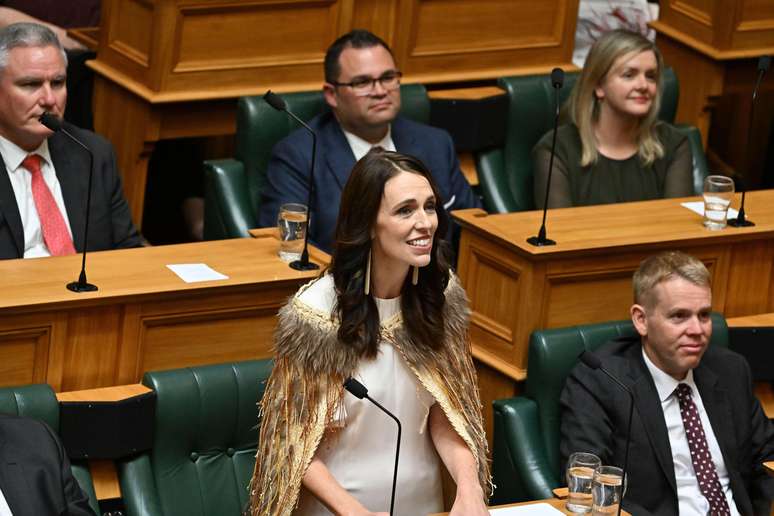
Statistical models indicate that anti-smoking laws could save up to 5,000 lives per year.
New Zealand’s laws are believed to have inspired the British government in September to announce a similar smoking ban for young people.
A spokesperson said Prime Minister Rishi Sunak’s position remained unchanged following New Zealand’s backtracking.
Although lauded as a public health policy, the anti-smoking measures have attracted opposition from some business groups in New Zealand.
Newsstand and small shop owners have criticized the loss of income, even with government subsidies.
Some politicians – including new Prime Minister Chris Luxon – have also argued that the ban would create a parallel market for tobacco.
However, his National Party, which won 38% of the vote in the October 14 election, did not mention anti-smoking laws during the election campaign.
New Finance Minister Nicola Willis’ announcement on Saturday (25/11) that the Government would repeal the law shocked health experts, who believed the policy would remain intact.
Despite the election victory, the center-right National Party has been struggling for weeks in political negotiations to form a government with two smaller parties.
Only on Friday (24/11), six weeks after the elections, was an agreement reached that will allow the new government to take office on Monday. New Zealand First – which won 6% of the vote – was the only party to campaign for the repeal of smoking laws.
Both minor parties have blocked a flagship national policy to open up foreign ownership – which the party had counted on to finance tax cuts for middle and high income earners. Willis said Saturday that this has led the party to look for another source of revenue.
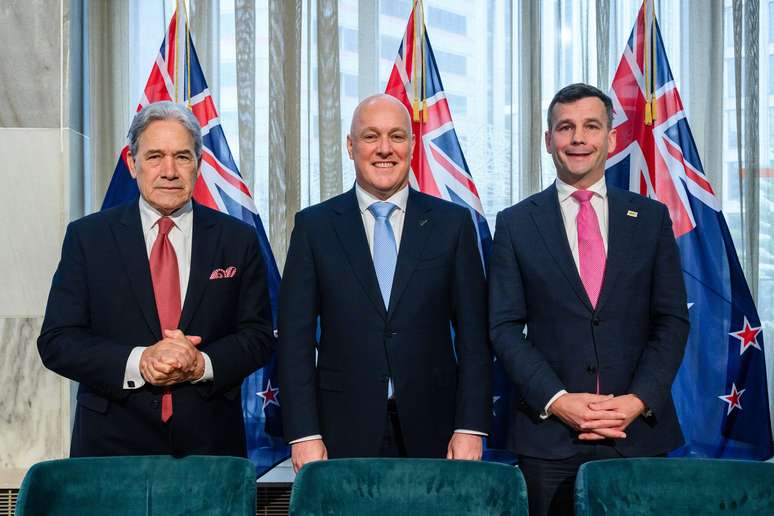
“We have to remember that changes to anti-smoking legislation have had a significant impact on government coffers, with around a billion dollars there,” he told New Zealand broadcaster TV3’s Newshub Nation.
The laws have yet to actually be repealed through Parliament, where the government has a majority.
“The idea that tax cuts would be paid for by people continuing to smoke is absolutely shocking,” Professor Emeritus Robert Beaglehole, chair of New Zealand’s Smoking Freedom Action 2025 committee, told Pacific Media Network.
A national Māori health organisation, Hāpai Te Hauora, called it an “unjustifiable blow to the health and wellbeing of all New Zealanders”.
Smoking rates, disease and associated health problems are highest among New Zealand’s indigenous Māori population, for whom experts say the policy would have the most positive impact.
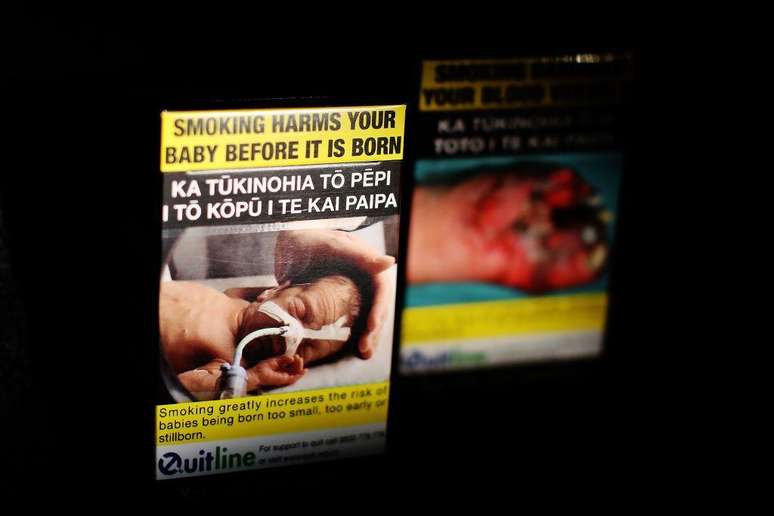
“The government is going against public opinion and obviously against the vast majority of people who work in this industry, healthcare workers, doctors, nurses,” Edwards said.
Public health modeling conducted in 2022 showed that the smoke-free policy would save the New Zealand healthcare system around NZ$1.3 billion (R$3.9 billion) over the next 20 years.
New Zealand still aims to reduce the national smoking rate to 5% by 2025, with the aim of eliminating it completely.
According to national data, more than 80,000 adults have quit smoking in 2022. About 8% of the adult population currently smokes.
Source: Terra
Ben Stock is a lifestyle journalist and author at Gossipify. He writes about topics such as health, wellness, travel, food and home decor. He provides practical advice and inspiration to improve well-being, keeps readers up to date with latest lifestyle news and trends, known for his engaging writing style, in-depth analysis and unique perspectives.

